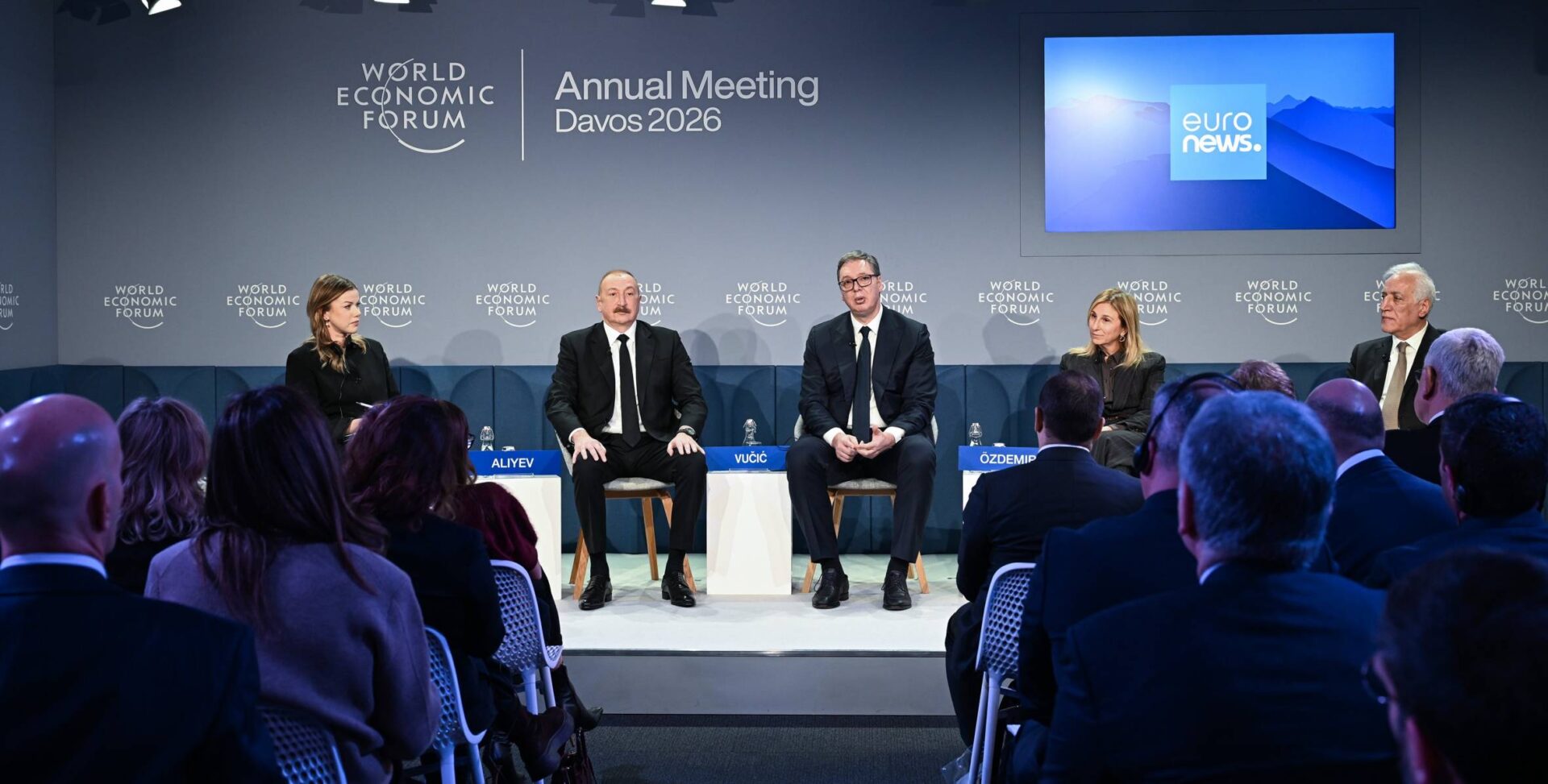… AS PRESSURE MOUNTS FOR SANCTIONS AGAINST GAZPROM.
… AS PRESSURE MOUNTS FOR SANCTIONS AGAINST GAZPROM.
Today’s Russian-Iranian talks come as U.S. lawmakers increase pressure on the White House to impose sanctions on Russian energy giant Gazprom for its participation in a French-led project to develop an Iranian natural gas field. Late last week, a letter from fourteen U.S. Senators urged President Bill Clinton “in the strongest of terms … to find this venture in violation of [the Iran-Libya Sanctions Act] and to impose sanctions” on France’s Total, Russia’s Gazprom and Petronas of Malaysia. Under the Iran-Libya Sanctions Act, the president is required to impose economic sanctions on any foreign company investing $20 million or more in a year to develop energy industries in those two countries. (The Washington Post, May 9)
The Clinton administration has thus far resisted the calls for sanctions. It argues that sanctions could undermine broader relations with Russia while simultaneously inflaming tensions between the United States and its European allies, who have objected strongly to the Sanctions Act.
For Moscow, the $2 billion gas deal–finalized in September of last year–has provided an opportunity to exploit those tensions between Washington and Europe and to simultaneously strengthen its own friendly relations with Iran. Russian President Boris Yeltsin dismissed Washington’s objections to the deal, and accused the United States of interference in the affairs of France and Russia. (See Monitor, October 2 and 17, 1997)
LEBED WARNS KRASNOYARSK ELECTION MAY BE ANNULLED.


